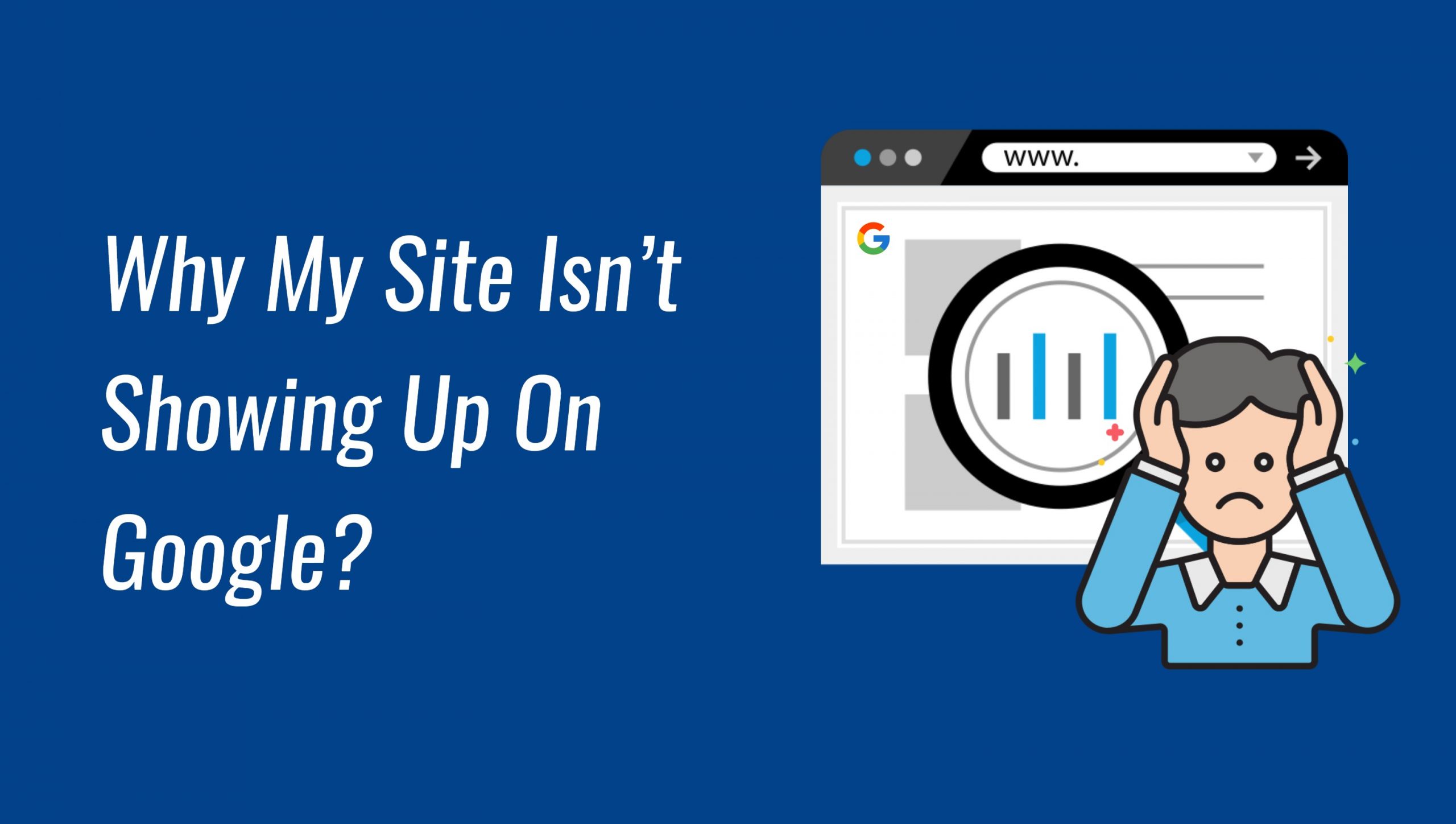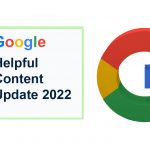Why My Site Isn’t Showing Up On Google?

Why is my website not showing up on google? Here Are The Top 5 Reasons
In today’s digital era, the visibility of your site on search engines like Google is very important to drive traffic and grow your online presence. However, many website owners face this puzzling challenge of their site not appearing in Google search results, even after putting effort into it. If you’re also one of them struggling with this issue, then understanding the root cause is the first step you should be taking to resolve this issue. In this blog, you will get to know the top five reasons why your site might not be showing up on Google and what you can do to fix it:
1. Your Site Is Not Indexed
All sites have to be first indexed by Google to show up in search results which is the process in which Google crawls your website, analyzes its whole content to understand what it is about, and then stores it in its database for any future queries. So, one of the reasons that your website is not showing up in search results might be that it has not been indexed yet. Usually, this happens when your website has just been created and Google hasn’t discovered it yet, or if there’s a directive on your website telling search engines not to index it.
In order to check if your site has been indexed or not, use “site:” search operator in Google (e.g., site:abc.com). If there are no results, then your website is not indexed yet. Now, the question arises that how do you index your website then? So, in order to do so, use Google Search Console, submit your sitemap there or use an URL inspection tool. This process is going to take some time, until then you should continue optimizing your site for better ranking and visibility.
2. Poor Search Engine Optimization (SEO)
SEO plays an important role in your site’s visibility. But there are some common SEO pitfalls you should be aware of like not using relevant keywords, ignoring meta tags like the title and description, and lacking quality engaging content. Each page on your site should be optimized for search engines, focusing on providing value to your audience with clear, and relevant content that includes keywords naturally. Review your site’s SEO from time to time and consider consulting an SEO specialist to enhance your visibility on Google. And in this process, you must not forget that SEO is an ongoing process, so you have to continue refining your strategies and monitoring your site’s performance to maintain and improve your rankings over time.
3. Website Is Too New
As we discussed in the first point, if your website is new, it may simply be a matter of time before it starts showing up in search results as it might not have been indexed by Google yet. During this period, you must focus on building high-quality content and establishing backlinks from reputable sites in your niche. This will not only expedite the indexing process but also improve your site’s authority and ranking potential.
Additionally, you can consider using social media platforms and other marketing channels to drive traffic while waiting for Google to index your website pages. Building a strong online presence on other platforms beyond search engines can help attract visitors and boost your site’s visibility in the long run.
4. Google Penalty
Violating Google’s Search Central Guidelines can result in a penalty, either manual or algorithmic, impacting your website ranking drastically or in some cases, it might also get removed from search results entirely.
These penalties might be the result of:
- Keyword Stuffing,
- Cloaking,
- Using purchased backlinks, etc.
If you suspect a penalty, review Google’s guidelines and your Search Console for notifications. To recover from these penalties, fix the violations and submit your site for reconsideration. It’s also essential to conduct a thorough audit of your site’s SEO practices time-to-time and make any necessary corrections needed to ensure compliance with Google’s guidelines. Building a SEO strategy which provides value addition to users and adhere to best practices helps in protecting your site from future penalties and improves its visibility.
5. Technical Issues
There are various technical issues that can affect your site to appear in search results. These include:
- Crawl errors,
- Poor site structure,
- Slow loading times, etc.
You can use Google Search Console to rectify all such issues. Additionally, consider implementing structured data markup to help search engines understand your content better and display rich snippets in search results and regularly monitor your site to address any technical issues to ensure optimal visibility on Google and provide a seamless user experience to your audience.
In conclusion, if you are facing issues to make your site visible on Google for digital success, you must understand these common reasons mentioned above and take proactive steps to address them and by doing so, you can increase your chances of ranking well in search results. Also, regularly review your site’s performance, follow all the guidelines provided by Google, and stay updated on best SEO practices to maintain and enhance your online presence and keep in mind that achieving visibility on Google is a continuous effort that requires patience, diligence, and a commitment to providing valuable content and a seamless user experience to your audience. So, you must keep on working on improving your site’s visibility and attract more visitors to thrive in this competitive digital world.




